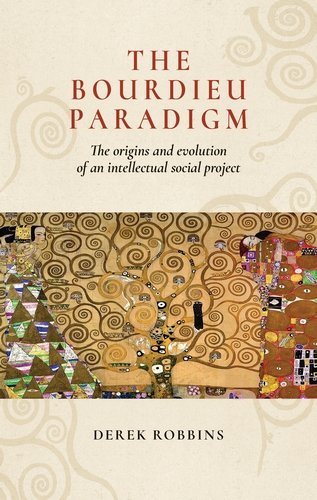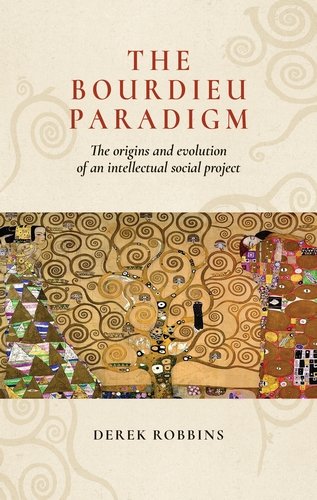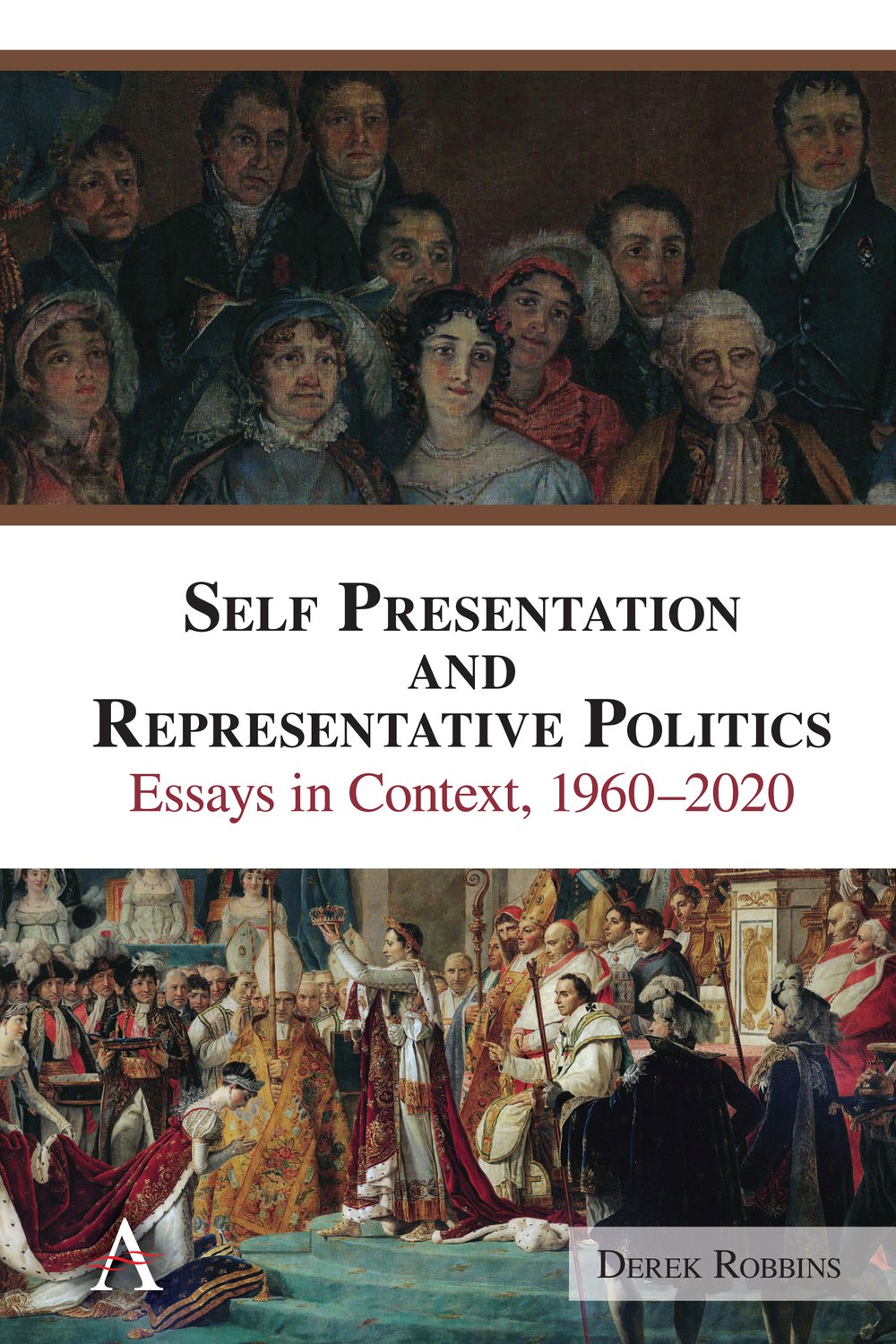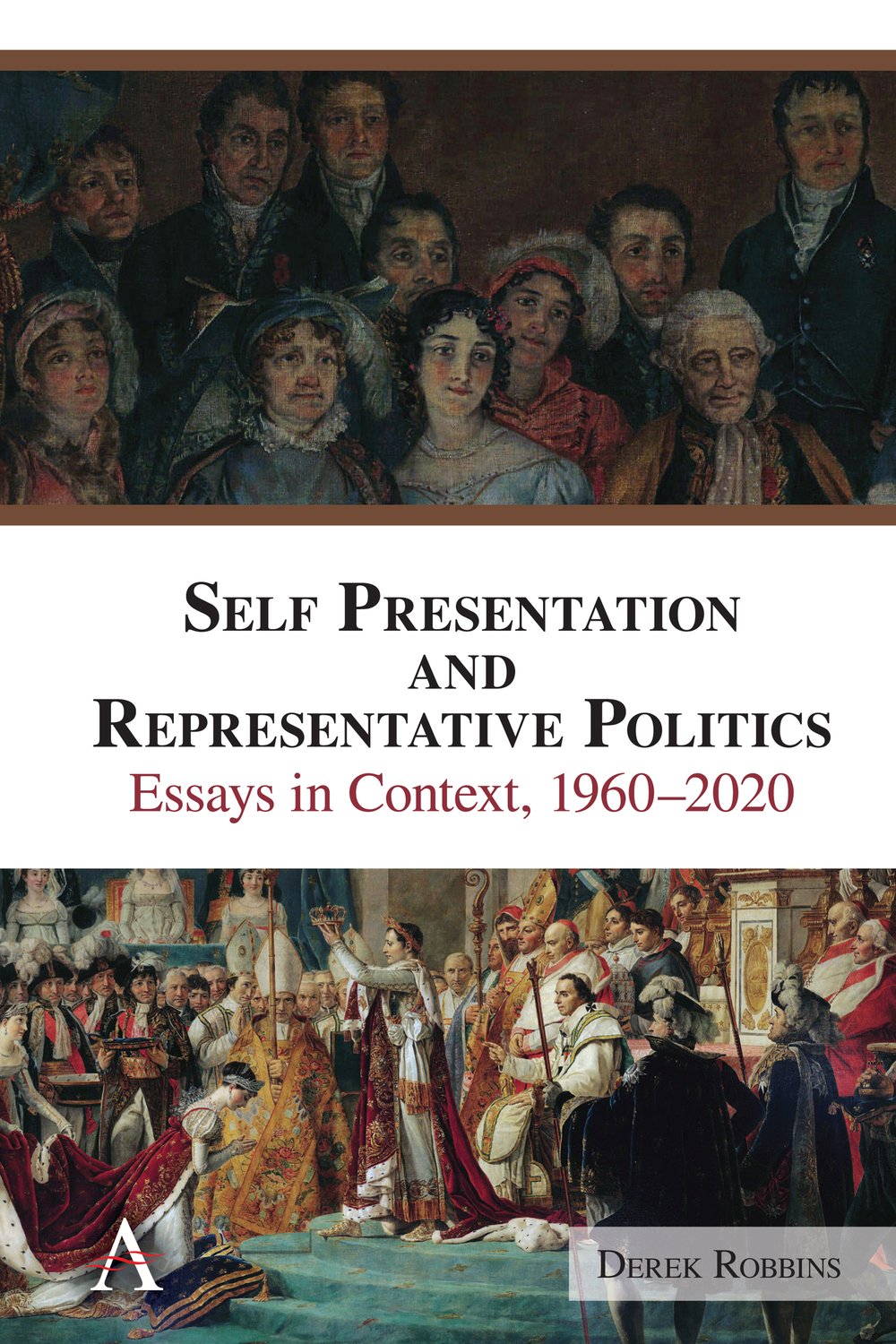The Bourdieu paradigm
The origins and evolution of an intellectual social project

The book discusses relations between philosophy and empirical social sciences through detailed analyses of the work of Schutz, Gurwitsch and Merleau-Ponty, and then explores the development of Bourdieu's sociological reflexivity as his attempt to reconcile this intellectualist legacy with social research and political action.
The Bourdieu Paradigm considers the historical development of competing philosophies of social science. It examines the relations between phenomenology, Gestalt psychology and empirical social science in the first half of the twentieth century and then explores the way in which Bourdieu responded to this legacy by advocating a form of reflexive social-scientific investigation, which would remain faithful to primary experience without disowning accumulated intellectualism. The book asks whether the Bourdieu 'paradigm' retains value beyond the French conditions of its production. It offers an analysis of the development of Bourdieu's thought and practice which constitutes an invitation to readers generally to reassess the value of the western tradition of the social function of the detached intellectual for mass democratic societies.

Derek Robbins is Emeritus Professor of International Social Theory at the University of East London



